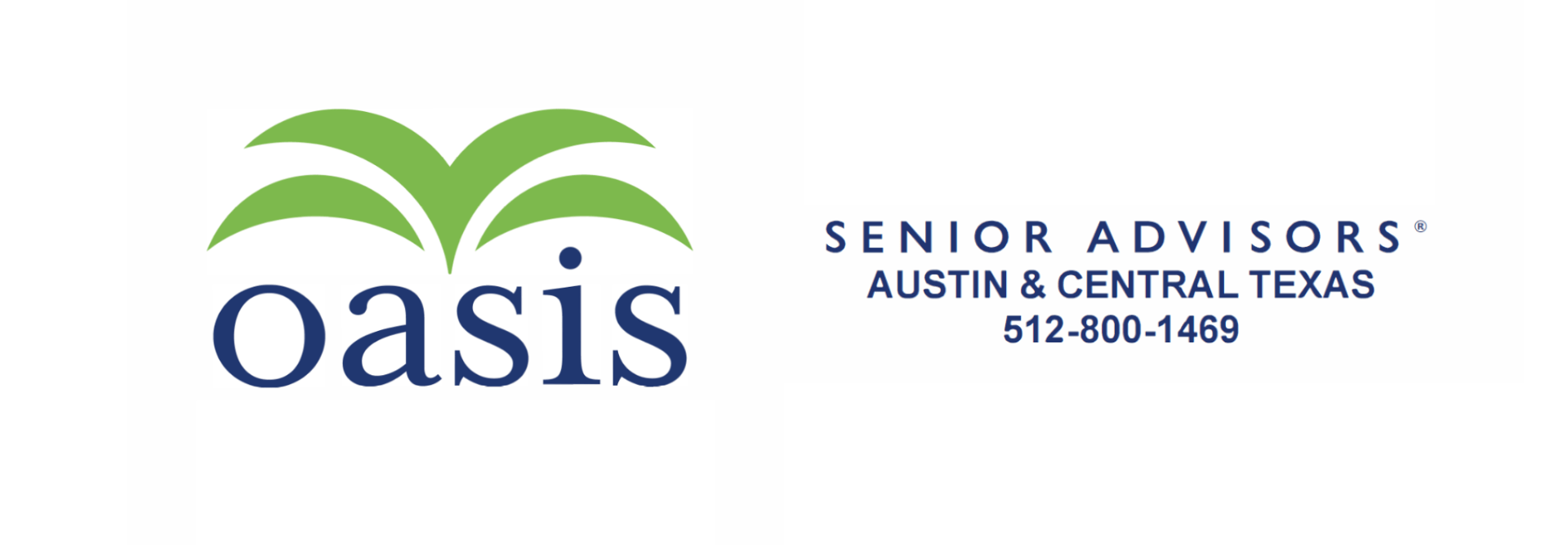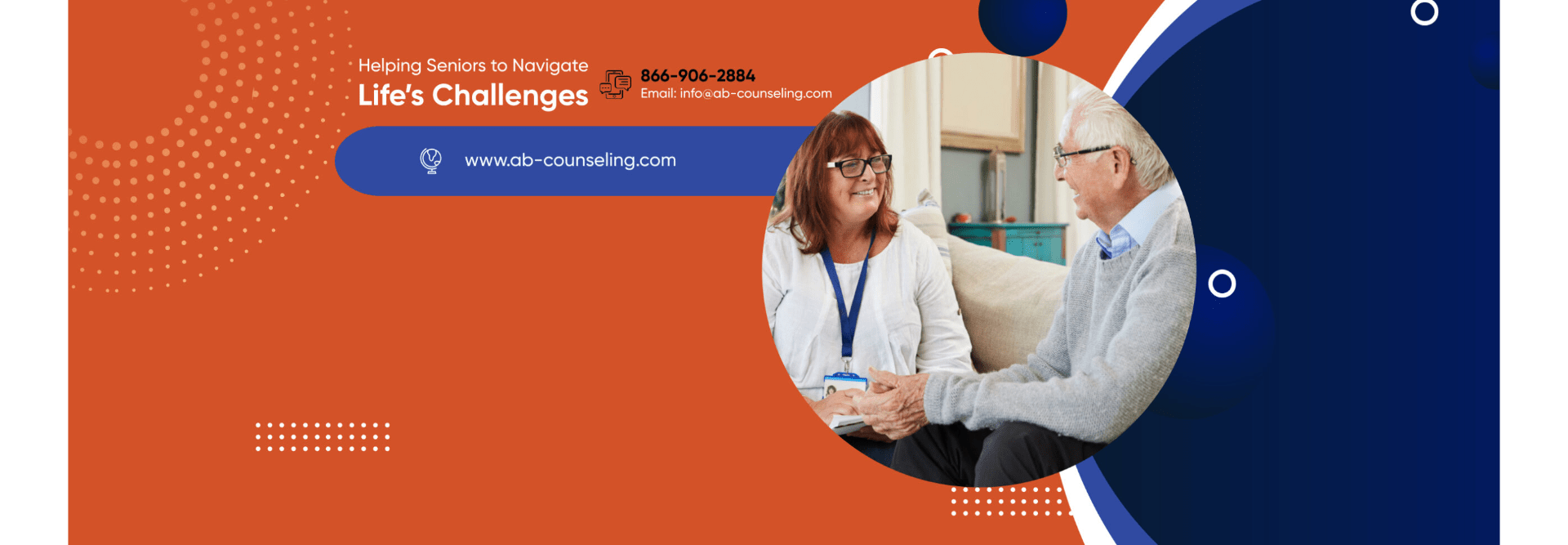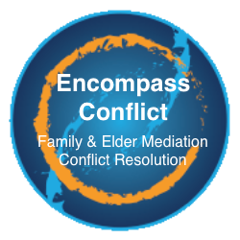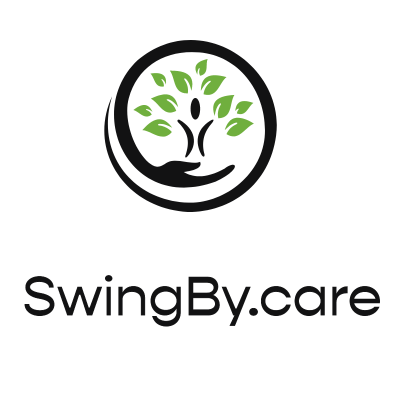November welcomes daylight savings, (typically) cooler weather (we’re still crossing our fingers for some autumn weather), and the holiday season. Along with that is National Alzheimer’s Disease Awareness Month. In 1983, President Ronald Reagan first declared November as National Alzheimer’s Disease Awareness Month. Just a little over a decade later, Reagan announced his Alzheimer’s diagnosis to his fellow Americans in a thoughtful letter, highlighting the importance of education, research, and discussions surrounding the topic. This month is celebrated to raise awareness about Alzheimer’s disease, challenge the stigma associated with it, and provide support to individuals and families affected by the disease by highlighting the need for research, early detection, and quality care options available for those living with dementia. This month provides a global opportunity to raise dementia awareness and support people affected by the disease, as well as caregivers who support those with it. This illness affects millions of families, making education, support, and action crucial.
The Importance of Alzheimer’s Awareness Month:
The primary goal is to educate the public about the symptoms, risk factors, and potential treatments for Alzheimer’s disease. By openly discussing Alzheimer’s, the month aims to reduce the stigma often associated with the disease, allowing people to seek help more readily. Alzheimer’s Month is a time to advocate for increased funding and research into potential cures and treatments for Alzheimer’s. It also highlights the crucial role of caregivers for people living with Alzheimer’s and encourages support systems for them.
Alzheimer’s is not only a personal medical concern but also one of the family members and community of those who have it. According to statistics over the past years, over 6 million Americans have Alzheimer’s disease; this is expected to dramatically rise upward as the population ages. National Alzheimer’s Disease Awareness Month highlights these astonishing statistics, creates discussions, and furthers research about this debilitating disease.
In the proclamation for National Alzheimer’s Disease Awareness Month 2024, President Biden emphasized the importance of raising awareness about Alzheimer’s disease and supporting those affected by it. He highlights the challenges faced by patients and their families and underscores the need for research, funding, and improved care.
“During National Alzheimer’s Disease Awareness Month, we recommit to improving the prevention and treatment of Alzheimer’s disease. We honor all the lives we have lost and all those we can still save. And we uplift the spirit of hope that countless medical professionals, researchers, and caregivers working to help people with Alzheimer’s carry each day.”
What is Alzheimer’s Disease?
Alzheimer’s disease is a progressive brain disorder that gradually destroys memory and thinking skills and, ultimately, one’s ability to carry out the simplest tasks. It is the most common cause of dementia, a general term used for describing a decline in cognitive ability severe enough to interfere with daily life. The symptoms appear gradually and often worsen progressively over time, eventually resulting in difficulty remembering recent events, confusion concerning time or place, and problems in carrying out familiar tasks.
Alzheimer’s Disease Stages:
The three stages of Alzheimer’s disease include:
Early Stage: The beginning of memory loss and confusion. They are still independent at this time, but he or she may have some difficulties carrying out complicated duties.
Middle Stage: There is apparent memory loss, which may affect personal relationships or daily life. Help with daily activities might be required.
Late Stage: The person loses all capabilities of communication and response in this stage and may require full-time care and support.
The Impact on Families and Communities:
The emotional and financial burden of the disease on families is huge. Caregivers, too, often have to bear much stress and burnout while navigating such a difficult time in the care of their loved ones. Indeed, it is estimated that 16 million Americans provide unpaid care for people with Alzheimer’s or other dementias. These responsibilities may add to increased physical and emotional burdens; thus, there is a big need for support and other resources.
In observance of National Alzheimer’s Disease Awareness Month, communities are encouraged to come together to support those affected. Events can include the promotion of policies that help benefit caregivers and people living with Alzheimer’s disease and educational programs to help equip families with what they need to better care for their loved ones.
Awareness and Education:
One of the key goals of National Alzheimer’s Disease Awareness Month is to increase public awareness about the many signs and symptoms associated with the illness. Other goals include supporting research and promoting policies that benefit those affected.
Research and Advocacy:
Advancing research is very key in the fight against Alzheimer’s disease. National Alzheimer’s Disease Awareness Month presents a critical opportunity to push for increases in funding for research and support services. The federal government has ambitious goals of developing new treatments and improving care, recognizing it will take joining forces among researchers, policymakers, and communities.
Support from organizations such as the Alzheimer’s Association has allowed research to move forward and shape public policy efforts that better enhance the lives of persons with Alzheimer’s.
Ways You Can Advocate:
There are many ways to promote awareness this month, including events, workshops, and information sessions. Most of such initiatives create awareness about the identification of early symptoms, understanding of the disease, and knowledge of resources to deal with it.
- Educate Yourself and Others: Learn more so you can better understand the symptoms, stages, and impacts of the disease.
- Support Research Initiatives: Contribute your time or donations to organizations like the Alzheimer’s Association or local research institutions to fund studies and clinical trials.
- Participate in Fundraising Events: Join walks, runs, or other events that raise money for Alzheimer’s research.
- Advocate For Policy Change: Write or call local and national representatives to express support for legislation that funds Alzheimer’s research and improves care for patients and caregivers.
- Join Advocacy Groups: Become a member of organizations that focus on Alzheimer’s advocacy, which often provide tools and resources for effective lobbying.
- Engage in Local Outreach: Offer your time at local Alzheimer’s support groups or memory care facilities. This helps raise awareness and provides direct support to those in need.
- Share Information Online: Use platforms like Facebook, Twitter, and Instagram to share articles, statistics, and personal stories related to Alzheimer’s.
- Support Caregivers: Help caregivers find support groups, respite care, and educational resources.
- Offer Direct Assistance to Families Caring For Loved Ones: Volunteer to assist caregivers by providing meals, running errands, or simply offering a listening ear.
- Spread the Word on Early Detection Screenings: Advocate for regular cognitive screenings and emphasize the importance of early detection in improving outcomes.
Understanding Risk Factors and Prevention:
While there is no cure for Alzheimer’s, research seems to show that healthy lifestyle choices can lower the risk of developing the disease. A healthy diet, regular exercise, mental activity, and cardiovascular health are all parts of a proactive approach to brain health.
This would also contribute to awareness and preparation by realizing genetic and environmental elements. For example, medical family histories that include Alzheimer’s disease should have regular screening and, most importantly, consultation with a health expert about the risk involved.
As we reflect on National Alzheimer’s Disease Awareness Month, let us not only commit to educating ourselves and advocating for change but also to supporting those affected by this devastating illness. At Senior Industry Services, we believe that awareness leads to action, and together, we can foster a future filled with hope and improved care for all.
References:
The United States Government. (2024, October 31). A proclamation on National Alzheimer’s Disease Awareness Month, 2024. The White House. https://www.whitehouse.gov/briefing-room/presidential-actions/2024/10/31/a-proclamation-on-national-alzheimers-disease-awareness-month-2024/
Written for Senior Industry Services by Lauren Hope Bartling









